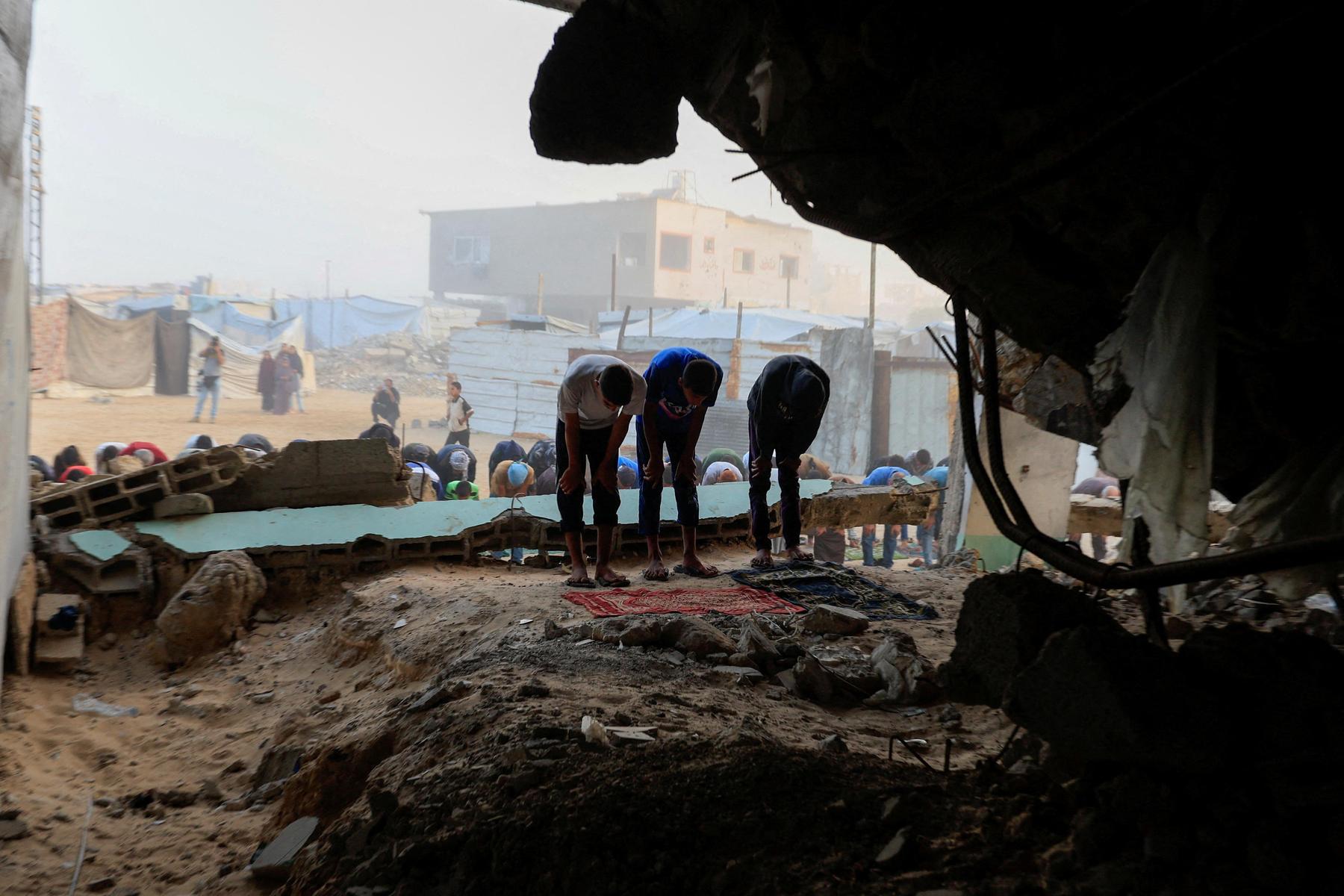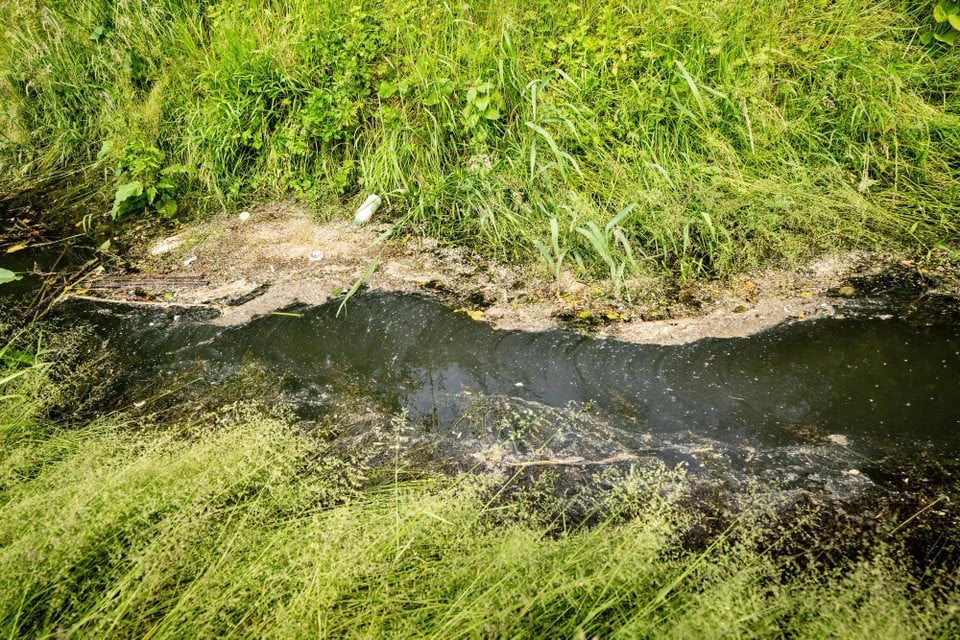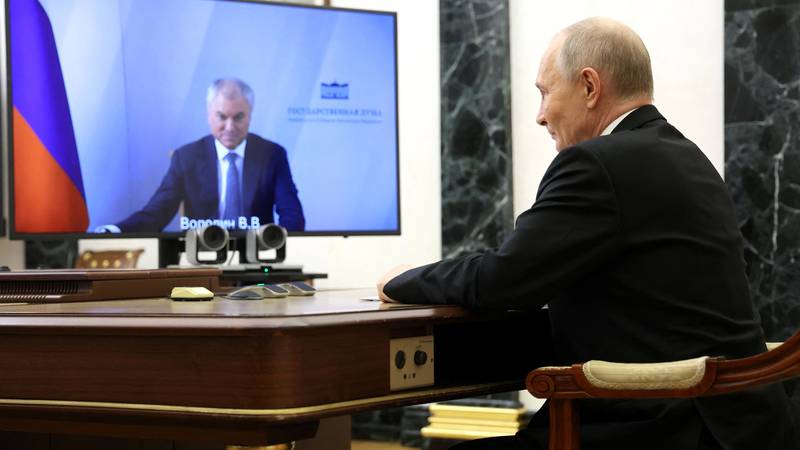Column | Do we have to have hope or just be optimistic?
:format(jpeg):fill(f8f8f8,true)/s3/static.nrc.nl/taxonomy/5d179ba-Sparreboom%252C%2520Tessa%25202023%252001%25201280%2520WEB.png)
As soon as it is not exactly the times, people often start hope and optimism. In recent months it was hit several times. The book was published at the end of last year Heap. About a sensible relationship with the world of the German historian Philipp Blom, who claims that keeping hope despite a multiple existential crisis is ‘nevertheless needed’. Great, you think, we are going to do. At that time, last week, suddenly Tommy Wieringa, who, in his essay for the month of philosophy, argued for « optimism without hope, » because without hope « you immediately get rid of the hopelessness » – think about that. And then there was the British author Sumit Paul-Choudhury, author of The Bright Side. An optimistic history of humanitywho, I recently read in this newspaper, wonders in his book or optimism is not just another word for hope: « I am ambivalent about it. »
Yes gentlemen, what is it? Perhaps from now on just go to the table with each other before you try to get the people in courage.
Three male writers with frame -free glasses that argue for hope, optimism or both, if that is not a sign to immediately purchase an emergency package, I don’t remember. In my package, the book of Wieringa, although the end time should not take too long, because it only takes 89 pages and I have already read it once for this column. The first 75 pages is indeed not really a reason for hope and not for optimism. Wieringa tirelessly throws the facts: heat waves, heat records, alternative facts, Trump wrong, musk bad, yes really. “In June 2024, De Co reached2-Concentration in the atmosphere the record average of 426.91 ppmv (parts per million by volume). A hundred years earlier that was 305 ppmv. » It is of course alarming and for those who only understand emotions, Wieringa writes that a girlfriend is ‘full of tears’ after the second election victory of Donald Trump and that ‘the tears are in his eyes’ when he thinks to the world that his daughter and her children are waiting.
If the dry facts and wet tears in the Essay of Wieringa do not come in loudly, it is possible because you are a hedonist and do not belong to, as Wieringa writes, the people who « look at the beast in the mouth » and who « remain loyal to the earth, in short, and mourning. » Or it is because the nasty facts especially seem to have to underline Wieringa’s expertise. He has eaten cheese from climate change and tech billionaires, so he has the right to tell us which attitude we can best take: optimism without hope. When Wieringa picks up waste on the dike in front of his house, because he does that, he does it from optimism without expectations. Next to him, Wieringa writes, the Chinese philosopher Lao Zi, who mumbles that you don’t have to write off people despite their bad nature. And Lao is also there for us.
The chance that we will soon also see more women argue for optimism, « an engine of resistance and subversion. Of openness, spontaneity and urge to create in difficult times, characteristics of a free person, » is probably not great. The reproach of being naive or floating is lurking and most women will feel less quickly called to tell others what basic attitude they should accept. They have always been the men – pastors, confessors, indulgence preachers – who were allowed to indicate whether there was still hope. For this jubilation year, the Roman Catholic Church worked out considerably with the theme ‘Pilgrims of Hoop’. In addition, Pope Francis published his autobiography, as the first Pope ever. The title: Heap.
Tessa Sparreboom is Neerlandicus and former editor of Propria Cures.

:format(webp)/s3/static.nrc.nl/images/gn4/stripped/data133212425-ae69bf.jpg)
:format(webp)/s3/static.nrc.nl/bvhw/files/2019/08/web-1708zatwongjpg.jpg)
:format(webp)/s3/static.nrc.nl/images/gn4/stripped/data132512191-bf7b93.jpg)




